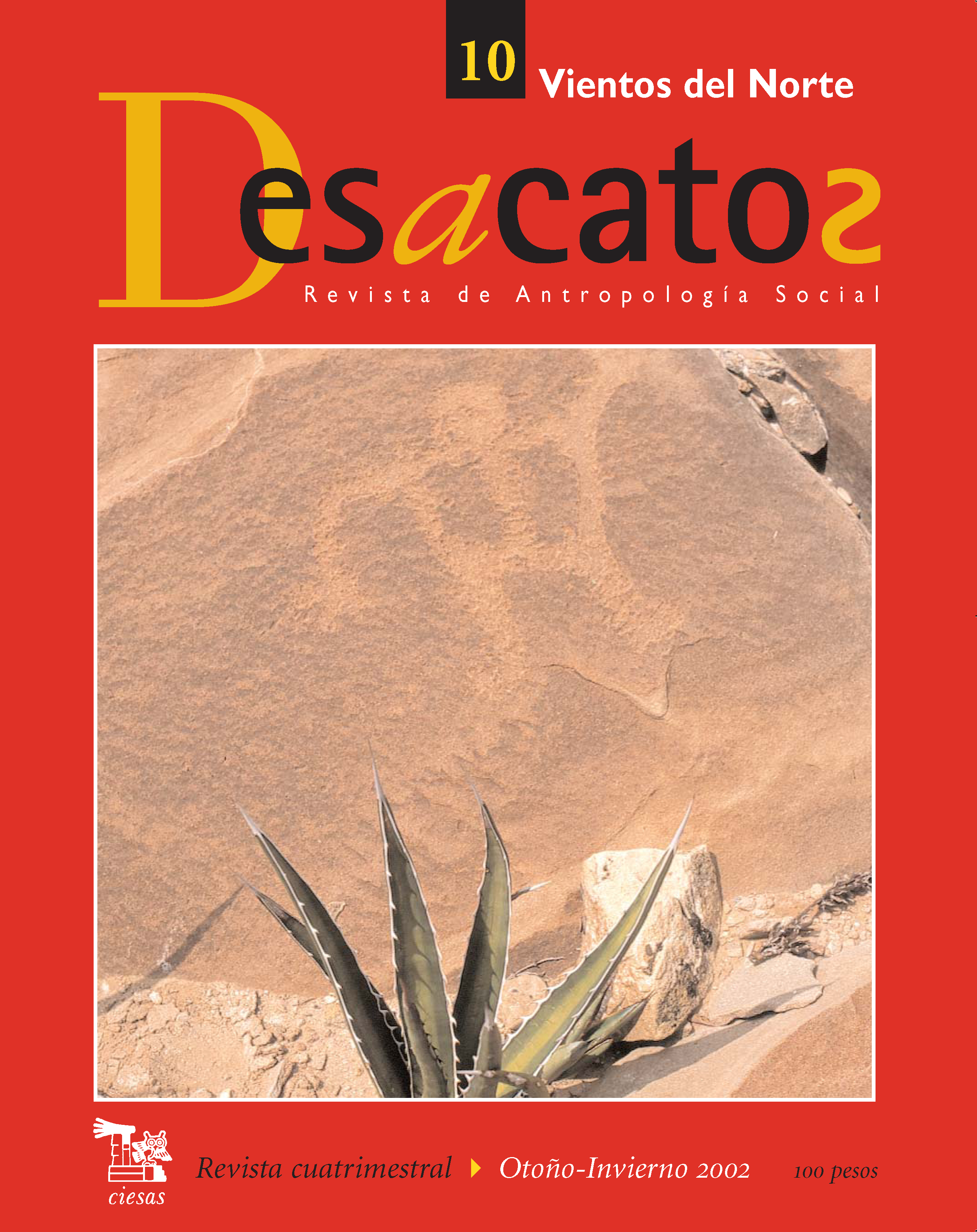"They've ignored the loving voice of the Father." Reconsidering the origins of the Chumash uprising in 1824 in Mexican California
DOI:
https://doi.org/10.29340/10.1162Keywords:
Abstract
In 1824, a major uprising occurred at three missions established among the indigenous groups known today as the Chumash. The revolt began at Santa Ines mission, and spread to La Purisima and Santa Barbara. This essay examines the origins and implications of the 1824 revolt. One interpretation maintains that the planned use of confessional aids that would have deeply probed the secrets of traditional religious practices sparked the revolt. However, confessional aids had been use in the missions as early as the late 1790s if not earlier, and the uprising actually centered on those missions with the largest percentage of neophytes confessing. The causes of the uprising can be found in the growing malaise among the indigenous neophytes, who were living in a system that systematically assaulted their traditional culture and beliefs, and communities characterized by high mortality rates that the medical knowledge of the missionaries could not control. A brutal flogging was the immediate catalyst for the revolt. The revolt signaled an important turning point in the development of the missions, and after the mid-1820s the Franciscans congregated only small numbers of new neophytes and the indigenous populations in the missions steadily declined.Downloads
Download data is not yet available.
Published
2014-07-03
Issue
Section
SABERES Y RAZONES
License
.
How to Cite
"They've ignored the loving voice of the Father." Reconsidering the origins of the Chumash uprising in 1824 in Mexican California. (2014). Desacatos. Revista De Ciencias Sociales, 10, 77-93. https://doi.org/10.29340/10.1162


 Make a Submission
Make a Submission
 Language
Language
 Information
Information

 Keywords
Keywords Social Media
Social Media